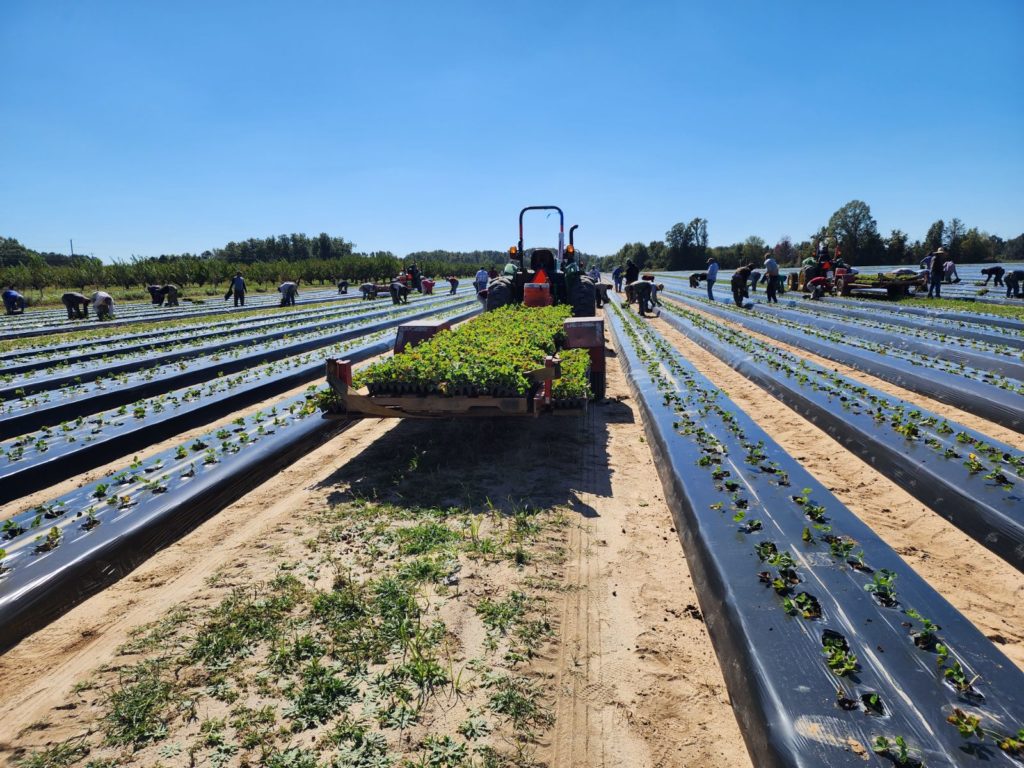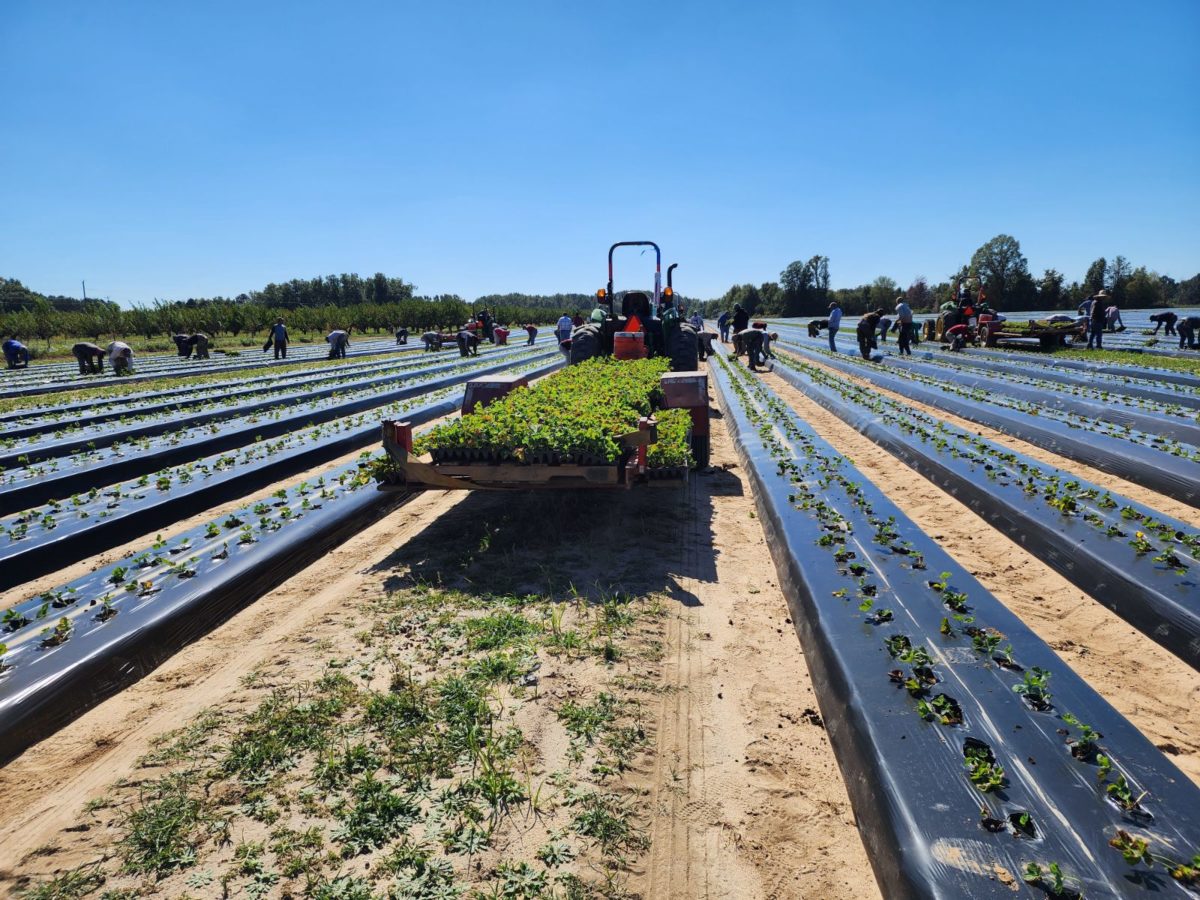Weekly Field Update
Clemson Extension agents provide updates in The South Carolina Grower this week about the status of various crops being produced throughout the state.

Coastal Region
Zack Snipes
- I’m scared to mention the word “fall,” but lately it has felt a little like…fall. I hope we planted enough pumpkins for all the pumpkin spice lattes going out in the next few weeks.
- Fall festivals on-farm have opened and are in full swing. Corn, sunnhemp and sorghum mazes are open to the public as well as pumpkin patches.
- Nighttime temperatures have been in the low 60’s which has really made the cooler season crops take off.
- Brassicas look great, but there has been an uptick in our nemesis the diamondback moth. I have also seen a good many whiteflies in brassica this fall. Any group 28 insecticide (Coragen, Harvanta, and others) used for caterpillar management will also take care of the whiteflies.
- Strawberry planting is just a few weeks away for us on the coast. Make sure to get down 60 units of nitrogen, 60 units of phosphorous, and up to 120 units of potassium. Getting this fertility out now will pay dividends in the spring.
Midlands
Sarah Scott
- Cooler night temperatures are causing some crops, such as squash and tomatoes, to ripen slower than we’d like. Hopefully, the warmer temperatures this week will push them before the next cold snap.
- Brassica crops are doing well with the exception of some diamondback pressure.
- Growers began receiving strawberries last week and have started planting in fields.
Upstate
Andy Rollins
- Grape/muscadine production is slowing down especially for black muscadine varieties. We’re picking primarily bronze pollinators at this point. I am seeing what looks like Xylella (Pierce’s disease) giving a scorch-type symptom on the leaves. Libby Cieniewicz has a graduate student taking samples from multiple crops, investigating transfer of this disease to and from other crops. She has taken samples from three upstate farms that grow types of multiple small fruit.
- Some growers are preparing ground for peaches to go in early next year. They are taking nematode samples to help decide if they will need to fumigate before planting.
- Pumpkins are being harvested at multiple locations across the Upstate. Fall festivities, like corn mazes, will be opening soon, if they haven’t already.










